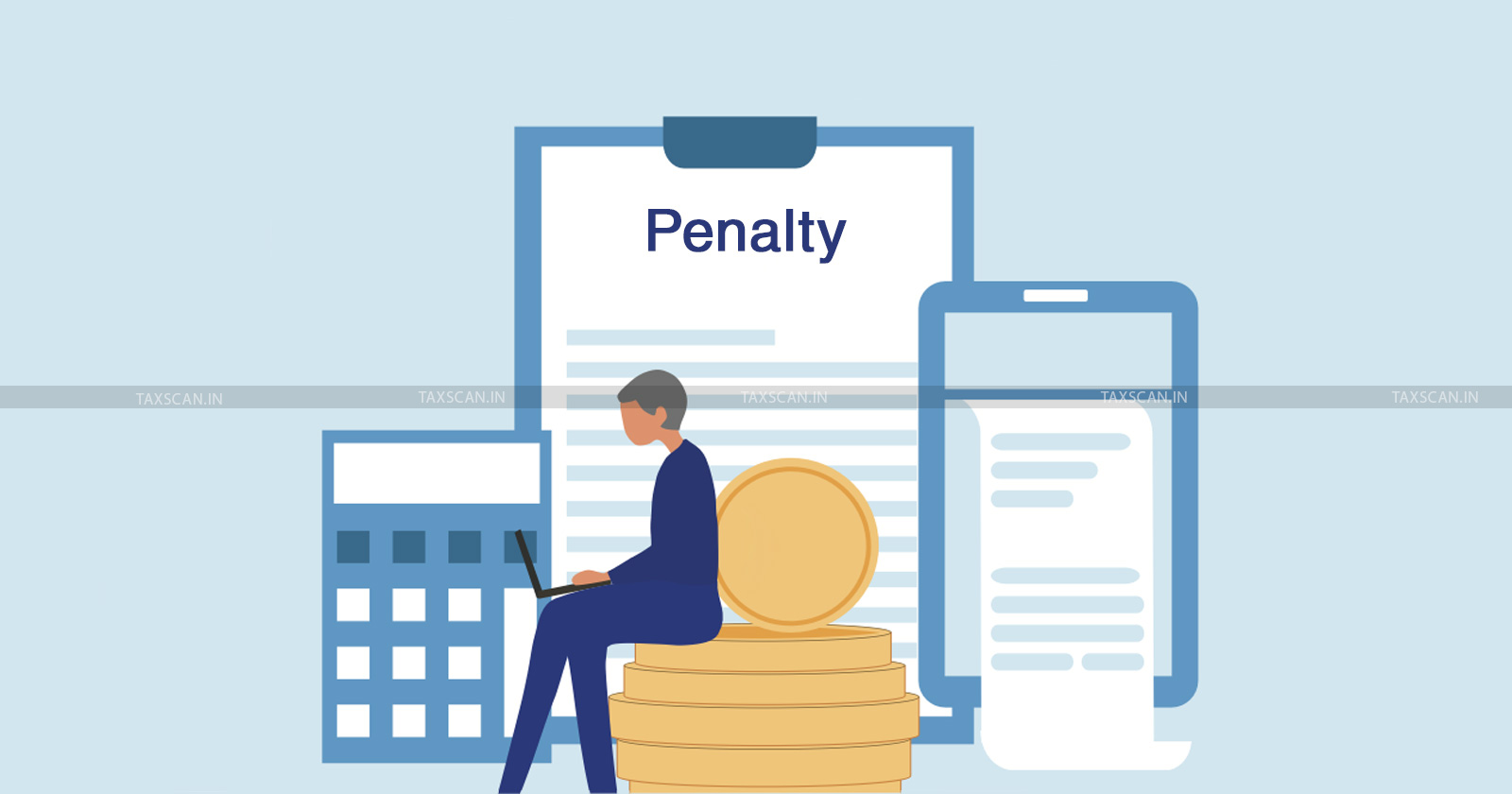Shobha Builders Provide Self-Contained Flats, Expenses on Modular Kitchen, Wardrobes are Optional Luxuries: ITAT Narrows S. 54F Deduction [Read Order]
The Tribunal observed that while some portion of the expenses could qualify as essential to make the property livable, most items listed such as modular kitchen, wardrobes, housewarming expenses were optional comforts and not necessary for basic living.
![Shobha Builders Provide Self-Contained Flats, Expenses on Modular Kitchen, Wardrobes are Optional Luxuries: ITAT Narrows S. 54F Deduction [Read Order] Shobha Builders Provide Self-Contained Flats, Expenses on Modular Kitchen, Wardrobes are Optional Luxuries: ITAT Narrows S. 54F Deduction [Read Order]](https://images.taxscan.in/h-upload/2025/10/11/2095578-shobha-builders-self-contained-flats-modular-kitchen-wardrobes-taxscan-2.webp)
The Cochin Bench of the Income Tax Appellate Tribunal (ITAT) has held that expenses incurred by a taxpayer on optional interior fittings such as modular kitchens, wardrobes, air conditioners, and furnishings cannot be treated as part of the cost of acquisition of a residential house for the purpose of claiming deduction under Section 54F of the Income Tax Act, 1961.
The Tribunal clarified that such fittings constitute luxury improvements and not essential expenses necessary to make a flat habitable.
The assessee, Kundoly Krishnakutty Sunil, had sold land and purchased a flat in Shobha City, Thrissur for ₹2.20 crore. He further incurred ₹31.29 lakh on interior works, electrical and plumbing fittings, modular kitchen, wardrobes, and other amenities, claiming ₹26.94 lakh of this amount as part of the cost of the new residential property eligible for exemption under Section 54F.
The Assessing Officer (AO) held that most of these expenses represented post-purchase improvements and not costs incurred to make the flat habitable. The officer, depending on the fact that Shobha Builders delivered “self-contained, ready-to-occupy flats,” observed that “modern electrical fittings, AC, modular kitchens, and designer wardrobes are optional and not essential for habitability.” Accordingly, the AO restricted the claim and treated only a portion of the expenses as allowable.
The assessee contended that the additional expenses were incurred immediately after purchase to make the property habitable. He argued that the flat required essential fittings such as electrical wiring, plumbing, wardrobes, and kitchen installation before it could be occupied, and that these costs should be included in the cost of acquisition for Section 54F relief.
 Also Read:Income Tax Commissioner adjudicates Penalty Order instead of Re-assessment Order: ITAT Remands Sale Consideration Challenge for Reconsideration [Read Order]
Also Read:Income Tax Commissioner adjudicates Penalty Order instead of Re-assessment Order: ITAT Remands Sale Consideration Challenge for Reconsideration [Read Order]
The assessee’s counsel Mr. Ramdas M, quoted the decisions such as Mrs. Rahana Siraj v. CIT (Karnataka HC) and ITO v. Ramakrishna M.J.(ITAT Bangalore), which allowed expenses incurred for modifications and improvements necessary to make a property livable.
The Revenue contended that the builder had handed over a fully functional flat, and the subsequent expenses were discretionary enhancements. These were in the nature of luxury additions and not costs incurred for habitability, hence not covered under Section 54F.
The Tribunal observed that while some portion of the expenses could qualify as essential to make the property livable, most items listed such as modular kitchen (₹5.99 lakh), wardrobes (₹4.50 lakh), bathroom shower (₹94,000), AC units, sofa upholstery, curtains, and housewarming expenses were optional comforts and not necessary for basic living.
The Bench noted the AO’s observation that Shobha Group is a reputed high-cost flat builder and delivers self-contained, complete flats. Modern electrical fittings, AC, modern showers, and modular kitchens are optional luxuries, not essentials.
Accordingly, the ITAT allowed deduction only for electrical and plumbing expenses of ₹2,10,565, holding that these could reasonably be considered part of making the house habitable. The rest of the claimed amount was disallowed.
With regards to another issue of LIC premium, the Tribunal directed the Assessing Officer to verify and allow the assessee’s claim of ₹1.5 lakh under Section 80C for LIC premium payments, noting that proof of payment had been furnished but overlooked by the lower authorities.
Accordingly, the ITAT partly allowed the appeal permitting limited Section 54F relief for essential fittings and upholding the Revenue’s disallowance of luxury-related expenses.
Support our journalism by subscribing to Taxscan premium. Follow us on Telegram for quick updates


